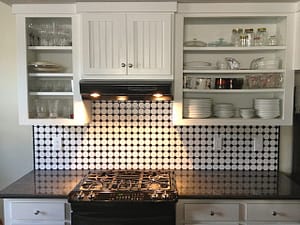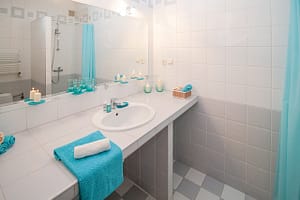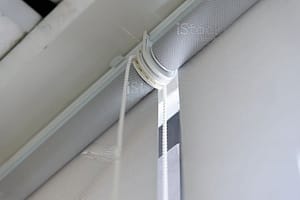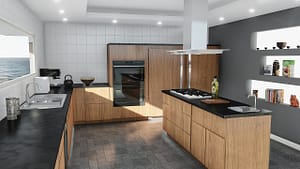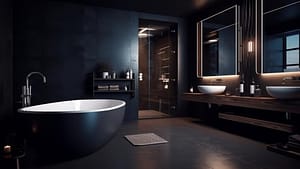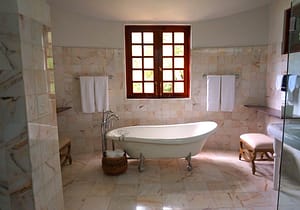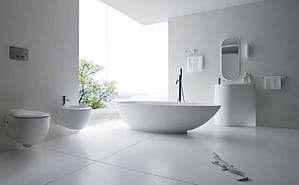
Without a doubt, generators add frill to one’s lifestyle. If homeowners have a generator on standby in the midst of power outages, it will never be a hindrance to whatever it is they’re doing – if they get the right type of generator.
Let’s not keep you waiting any longer. Before you hit the “generator” aisle section at the hardware store, make sure you sit down and decide what you need exactly. You can ask yourself these top 5 factors that determine the best generator for home use.
1. How much budget do I have?
It goes without saying that generators don’t come with a meager price. Generator prices can range from $500 to $6,000 depending on the wattage. Figure out if you can afford a generator in the first place without breaking the bank. Determine if sleeping with the air conditioner on during a blackout is really worth the money.
2. What appliances do I need to be powered?
First off, getting the best home generator has everything to do with wattage capacity. Starting wattage is the wattage required for an appliance to start while the running wattage is what’s needed for the appliance to operate continuously. To give you an idea, starting wattage is mostly thrice higher than the running wattage.
To know how much wattage a generator needs, list down all the appliances you need powered and total each appliance’s wattage requirement which is usually located at the back of the appliance itself or its manual.
3. What is the best generator type for home use?
Now that you’ve determined the capacity of the generator, it’s time to pick a type. This factor depends on your lifestyle really. Here are the most common types of generators:
- Portable Generators
As the name suggests, these generators can be conveniently carried from one place to another. If you’re fond of camping, this type will definitely come in handy. These usually have 3,000 to 8,500 watts and cost around $400 to $1,000.
- Inverter Generators
This is also considered the best portable generator for home use. This type is relatively quieter than portable generators with more sophisticated exhaust systems. However, it’s typically more expensive ranging from $500 to $4,000.
- Standby Generators
If you’re looking to power most of the appliances during a blackout, this is the best generator for your home. Standby generators provide around 5,000 to 20,000 watts and cost around $3,000 to $6,000.
4. What is the most efficient fuel type?
If money is not an issue, then maybe you can skip this part. But if you’d like to save money on fuel consumption while protecting the environment then choosing the best fuel type is essential.
- Gasoline
– Abundant
– Commonly used
– Can’t be stored for too long
– Highly flammable - Diesel
– Cheaper
– 14% more efficient than gasoline
– Can be stored longer
– Emits more harmful fumes - Propane
– Can be stored indefinitely
– Clean burning fuel
– Uses 20% than gasoline and diesel
– Extremely flammable
5. What additional features do I need?
The best home generators come with beneficial features; the more the features, the more expensive as well. Some common ones are:
• Automatic Start
– The generator goes on when the power goes off
• Electric Start
– Push-button alternative instead of a pull-start option
• Alternative Fuel Capacity
– Can be converted to run on different fuel types
• Low-Oil Shutoff
– Shuts down if oil falls below minimum levels
• Fuel Gauge
– Ability to check how much fuel is in
• Multiple Outlets
– Comes with four or more outlets to spread the wattage load
6. Can I adhere to proper maintenance?
Generator maintenance is extremely important to prolong its life. You need to store it properly, run it every 30 days, change the oil and filter if necessary or drain the fuel from time to time. Now, can you handle all of these?
Since you’re now ready to purchase the best affordable and high-quality generator, remember all these factors so you’ll get the best value for your money.

